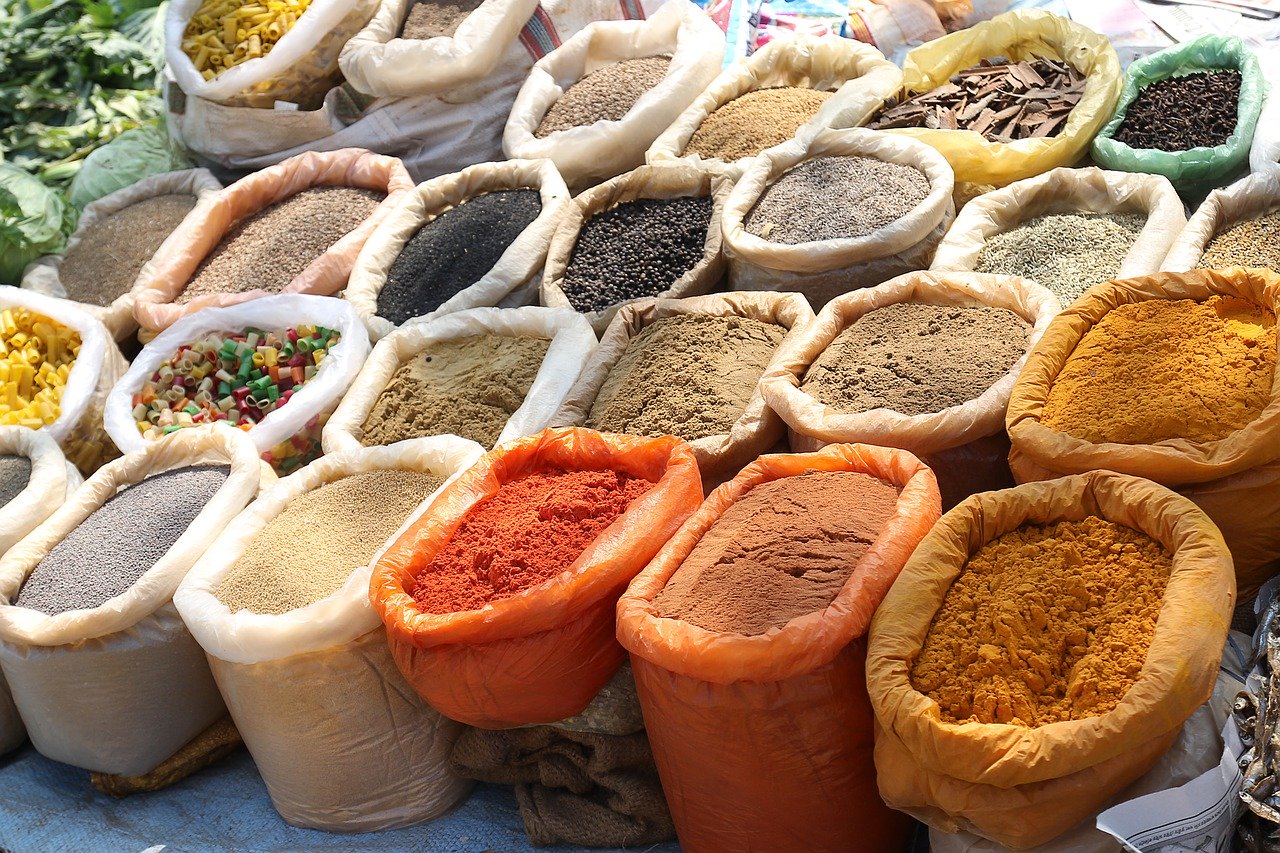In May 2019 researchers from Canada published their review of the medical scientific literature to identify and assess specific biomarkers in 25 herbs and spices, namely anise, basil, black pepper, … Read more
Drinking more than 2 cups of coffee per day appears to be associated with reduced tumour-specific insulin-like growth factor receptor 1 levels as well as an improved prognosis amongst tamoxifen- or radiotherapy-treated individuals with breast cancer but only if they were not overweight or obese
In June 2018 researchers from Sweden published the results of their study to assess the role of coffee consumption on the prognosis of breast cancer and possible associations with tumor-specific … Read more
The quality of the specific components of a plant-based diet is also important to consider, as not all plant-source foods have beneficial cardiovascular effects
In March 2019 researchers from the USA published their review on the use plant-based diets for reducing the risk of cardiovascular disease, specifically distinguishing between healthy and unhealthy plant-based diets. … Read more
Coffee and/or caffeine may be associated with a reduced risk of endometrial cancer but, at the same time, is probably associated with an increased risk of breast cancer in pre-menopausal or normal weight women
In October 2018 researchers from the USA and Canada published the results of their study to assess the effect of coffee, tea and caffeine on the risk of breast, endometrial … Read more
Coffee consumption may be associated with an increased risk of breast cancer in women who have used hormone replacement therapy in the past
In June 2018 researchers from the USA published the results of their study to assess the association of coffee consumption with post-menopausal breast cancer risk, including by status of post-menopausal … Read more
A moderate consumption of caffeine appears to be related to a better cognitive outcome whereas an increased consumption of wine appears to be associated with cognitive decline
In October 2018 researchers from Switzerland and Sweden published the results of their study to assess the impact of coffee, wine and chocolate consumption on cognitive outcome in the elderly. … Read more
Plant foods rich in polyphenols, anti-inflammatory dietary patterns, and plant-based dietary patterns may reduce the risk of age-related cognitive decline and/or improve cognitive function
In November 2019 researchers from the USA published their review on the role of plant-based dietary patterns and polyphenol-rich plant foods in reducing the risk of age-related cognitive decline and/or … Read more
A regular and moderate caffeine intake may reduce depression and the risk of suicide in women
In June 2019 researchers from the Republic of Korea published the results of their study to assess the relationship between caffeine intake and suicide risk according to gender. A total … Read more
Consumption of ultra-processed foods is strongly associated with in increase in risk of frailty in older adults
In May 2019 researchers from Spain, the USA and Sweden published the results of their study to assess the association between ultra-processed food intake and frailty in community-dwelling older adults. … Read more
Maternal ante-natal caffeine intake is associated with a higher amount of body fat in their offspring and a higher risk of obesity at age 5 and 9 years, with a stronger association seen for caffeine from coffee
In June 2019 researchers from Ireland published the results of their study to assess the association between maternal, paternal and grandparent caffeine intake and risk of obesity in offspring. A … Read more
Acrylamide
Acrylamide is a chemical that naturally forms in starchy foods during cooking at high temperatures, including frying, baking, and roasting. This chemical process ‘browns’ food and affects its taste. Acrylamide … Read more
Researcher calls for educational and counselling programmes to be initiated to inform consumers, especially children and adolescents, about the dangers of a high caffeine intake
In January 2019 researchers from the USA published their review of the medical scientific literature on caffeine intake in children and adolescents. Caffeine is the most widely consumed stimulant in … Read more
Coffee consumption is significantly associated with the risk of bladder cancer in never smokers but not smokers
In May 2019 researchers from The Netherlands, UK, USA, Belgium, Taiwan, Germany, Sweden, Italy, Canada and France published the results of their study to assess the effect of coffee on … Read more
The risk of cardiovascular disease is increased by 11% for non-coffee drinkers, 7% for drinkers of decaffeinated coffee, and 22% for those who drink 6+ cups/day
In March 2019 researchers from Australia and UCL Institute of Child Health in London, UK published the results of their study to assess whether the genetic score for caffeine metabolism … Read more
Healthy individuals who regularly consume 3-5 cups of coffee per day appear to have a 15% reduction in the risk of cardiovascular disease
In May 2018 researchers from Spain published their overview on the effect of coffee consumption on cardiovascular disease and mortality. They stated that when compared to those not consuming coffee, … Read more
Coffee increases alertness and accuracy, as well as decreasing reaction time, tiredness and headache ratings
In September 2018 researchers from the UK published the results of their study to assess the effect of coffee, decaffeinated coffee, and placebo on cognition and mood. A total of … Read more
Coffee drinking can be a part of a healthy diet
In August 2018 researchers from the USA published the results of their study to assess the association of coffee consumption with mortality, taking into consideration the genetic caffeine metabolism score … Read more
Coffee consumption is associated with favourable metabolic and inflammatory biomarkers
In March 2019 researchers from China and Norway published the results of their study to assess the association between coffee consumption and levels of certain metabolic and inflammatory biomarkers. A … Read more
Consumption of caffeinated drinks such as coffee and black tea may reduce the risk of non-melanoma skin cancer
In February 2019 researchers from the USA published the results of their study to assess the relationship between coffee, tea and caffeine consumption and risk of non-melanoma skin cancer. A … Read more
Drinking coffee 4+ cups/day appears to increase the risk of hip fracture, whilst 2-3 cups/day may reduce the risk in postmenopausal women
In July 2018 researchers from the USA and Singapore published the results of their study to assess the association between consumption of coffee, tea and caffeine and risk of hip … Read more




















